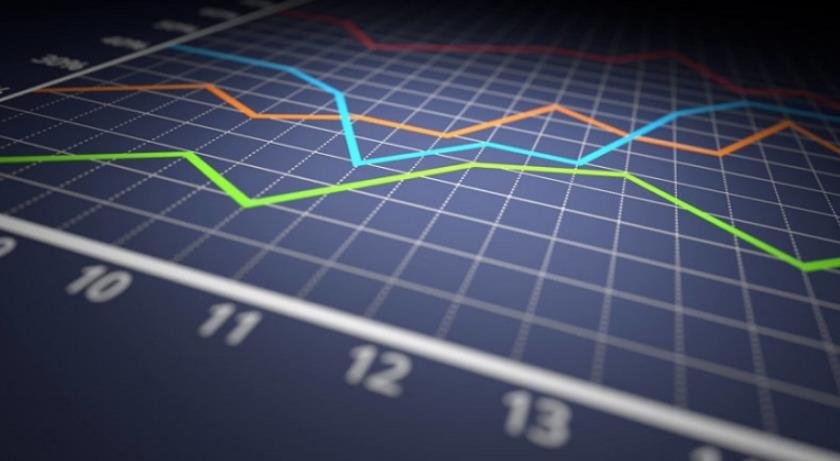The real sector confidence index, which measures the sentiment of businesses in the economy, increased from 99.1 in December 2023 to 100.9 in January 2024, according to the data from the Central Bank. This is the first time since May 2023 that the index has exceeded the 100 mark, indicating optimism among businesses. The index had been declining since May 2023, when it stood at 108.3, falling under the 100 mark in the final month of last year.
The increase in the index was driven by the improvement in the sub-index of production volume for the next three months, which rose by 6 percent month-on-month, and the sub-index of export orders, which increased by 5 percent. These sub-indices reflect the expectations of businesses for higher output and demand in the near future.
However, the sub-index of general business situation, which measures the current assessment of businesses, declined by 3 percent in January from the previous month. This suggests that businesses are still facing some challenges in the present economic conditions.

Services and construction sectors also show positive signs
The Central Bank’s data on the real sector confidence index was complemented by the separate data from the Turkish Statistical Institute (TÜİK), which reported the confidence indices for the services, construction, and retail sectors.
The confidence index for the services sector, which accounts for more than half of the country’s gross domestic product (GDP), improved by 4 percent month-on-month in January. This was the highest level since June 2023, when the index reached 104.8.
The confidence index for the construction sector, which has been struggling with high costs and low demand, also reversed course, rising by 3.3 percent in January, after falling by the same rate in December. This was the first increase in the index since September 2023.
The confidence index for the retail sector, however, declined by 1 percent in January, comparing unfavorably with the 4.5 percent increase recorded in the previous month. This was the lowest level since October 2023, when the index stood at 97.9.
Capacity utilization rate in manufacturing declines slightly
Another indicator of the economic activity, the seasonally adjusted capacity utilization rate (CUR) in manufacturing, declined from 77.3 percent in December 2023 to 76.4 percent in January 2024, according to the Central Bank’s data. The CUR measures the extent to which the installed production capacity is being used by the manufacturing firms.
The decline in the CUR was observed across all sub-sectors of manufacturing, except for intermediate goods, which saw a slight increase from 79.2 percent to 79.3 percent. The CUR in consumer goods fell from 74 percent to 73.1 percent, while the CUR in durable consumer goods dropped from 72.3 percent to 72 percent. The CUR in investment goods, which are used for expanding or upgrading the production capacity, also declined from 77.4 percent to 75.7 percent.
The CUR in manufacturing is still below the pre-pandemic levels, when it was around 80 percent. The CUR is expected to increase gradually as the economic recovery gains momentum and the vaccination program progresses.
Economic outlook remains positive for 2024
The improvement in the business confidence indices in January reflects the positive outlook for the Turkish economy in 2024, after a challenging year in 2023. The economy is expected to grow by 5.5 percent in 2024, according to the latest projections by the International Monetary Fund (IMF), which revised its forecast upward from 4.5 percent in October 2023.
The economic growth is supported by the strong domestic demand, the rebound in tourism, the recovery in exports, and the fiscal and monetary stimulus measures. The inflation rate, which reached a record high of 36.1 percent in December 2023, is expected to decline to 14.5 percent by the end of 2024, as the Central Bank tightens its monetary policy and implements structural reforms.
The government has also announced a new economic reform package, which aims to boost the competitiveness, productivity, and resilience of the economy, as well as to enhance the social welfare and environmental sustainability. The reform package includes measures to improve the business environment, strengthen the financial sector, diversify the export markets, increase the labor force participation, and reduce the current account deficit.
The business confidence indices, along with other economic indicators, will be closely monitored by the policymakers, investors, and analysts, as they provide valuable insights into the performance and prospects of the Turkish economy.








